How to make your meals less salty and more flavorful
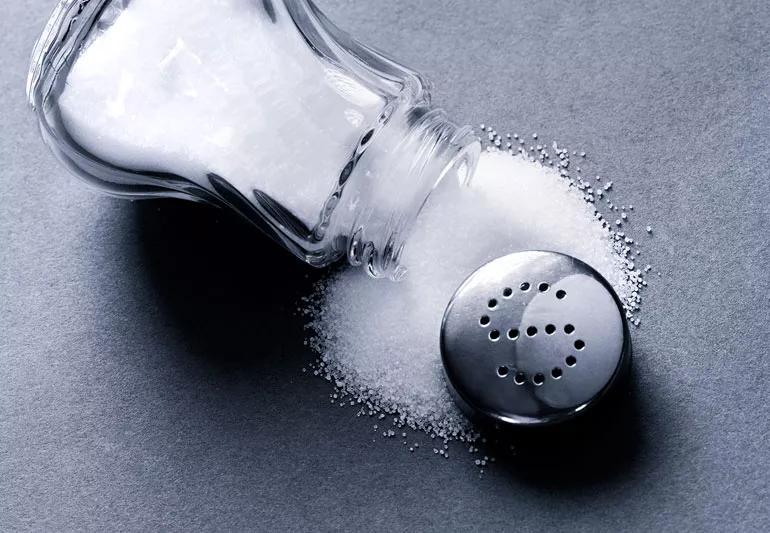
It’s hard not to acquire a taste for salt when it’s hidden in so many foods (especially the processed foods popular in America). So when your doctor tells you to slash the salt in your diet, you may not know how to make food taste good without it.
Cleveland Clinic is a non-profit academic medical center. Advertising on our site helps support our mission. We do not endorse non-Cleveland Clinic products or services. Policy
Salt substitutes typically swap sodium chloride for potassium chloride. But are they a good swap? Not necessarily, says dietitian Maxine Smith, RD, LD.
“Salt substitutes can be a healthy alternative for some people because potassium is an important mineral that helps lower blood pressure,” she says. “But salt substitutes can be dangerous when you have conditions such as kidney disease, heart disease, high blood pressure, liver disease or diabetes.”
These conditions may (though not in all cases) raise the risk of high levels of potassium in your blood — normally well-controlled by the body. The potassium in salt substitutes can tip that balance.
Similarly, using salt substitutes while on certain medications — the most common being ACE inhibitors and potassium-sparing diuretics — can raise your blood potassium to risky levels.
“There are a number of risks,” Smith says, “so don’t take salt substitutes unless they’re approved by your physician.”
Salt isn’t bad. On the contrary, your body needs both salt and potassium, which, on a microscopic level, pump fluid in and out of all your cells.
The right levels of sodium allow your muscles to contract and your nerves to fire. They also regulate fluid levels to prevent dehydration.
“Optimal potassium levels are vital for normal functioning of the heart (including maintaining normal heart rhythm), the muscles and the nerves,” Smith says.
But the balance between the minerals is a delicate one. And getting too much salt or potassium is dangerous.
For example, when you eat too many salty foods, excess fluid starts to build up in your bloodstream. Your kidneys can’t filter all the fluid out, so the fluid stays in your blood vessels, straining their walls.
Over time, that high blood pressure can lead to kidney disease, heart disease and stroke.
You can use salt substitutes just like table salt at your meals and on snacks like popcorn. The one downside is that potassium chloride tastes bitter, or metallic, to some people.
“It’s best to start with small amounts,” Smith advises.
And although you can cook and bake with salt substitute, you can’t completely leave out the salt when you bake, or certain chemical reactions won’t occur.
For example, when baking bread, you need salt to help the yeast ferment properly and to keep the dough from getting too sticky.
The good news is that potassium acts like salt. But to avoid a bitter aftertaste in baked goods, substitute no more than 20% of the regular salt with a salt substitute.
“You can further decrease the sodium by using sodium-free baking powder,” Smith suggests.
Instead of relying on salt substitutes, why not try a more adventurous route?
“You can use more herbs and spices, and seasonings like lemon juice and flavored vinegars,” Smith says. “Many herbs have anti-inflammatory properties, so your diet can be healthier and even tastier.”
You can also buy salt-free herb blends like Mrs. Dash® at the grocery store. Or, better yet, make your own. You’ll find many recipes for different salt-free herb blend combinations online.
Easy recipes for salt-free Mexican, Italian and mixed herb seasoning blends, plus tips for eating right with less salt, are available from the Academy of Nutrition and Dietetics.
“You can also add herb blends to marinades and plain bread crumbs,” Smith says. “Herbs, lemon juice and vinegar all decrease the formation of toxic compounds from grilling.”
The American Heart Association recommends no more than 2,300 milligrams a day of sodium per day for most adults, though ideally no more than 1,500 milligrams a day.
“But keep in mind that most of the sodium in your diet comes from processed and restaurant foods, and not the salt shaker,” Smith says.
And know that, just as you’ve acquired a taste for salt in your diet, over time you’ll be able to lose your taste for salt.
“By exploring new herbs and spices, you may find yourself enjoying new meals that tantalize your taste buds,” Smith says.
Learn more about our editorial process.
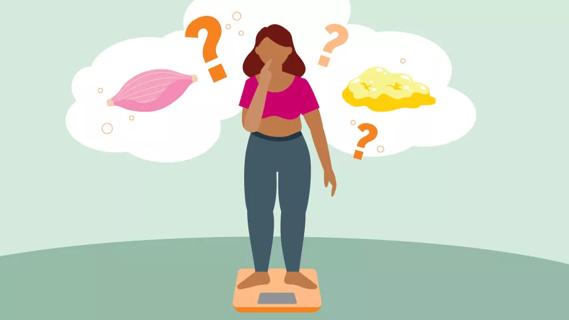
Both are needed for a healthy body

Wrapped or sandwiched, try to choose fillings and condiments that are minimally processed, low in saturated fat and high in fiber
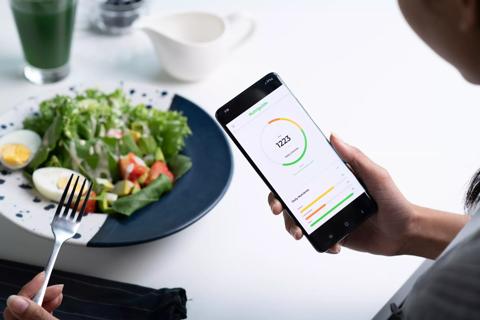
It depends on factors like your age, activity level and if you want to maintain, lose or gain weight
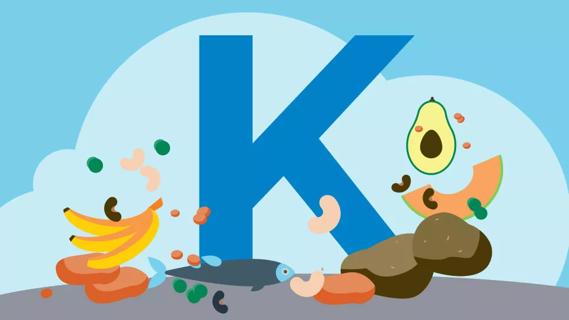
Found in an abundance of foods, potassium is an electrolyte that helps your muscles contract and acts as a counterbalance to sodium
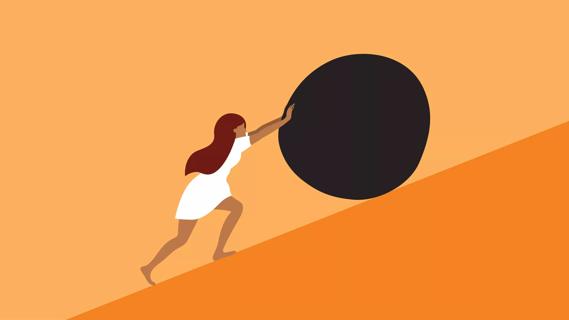
Genetics, metabolism and hormonal fluctuations can all make weight loss more difficult
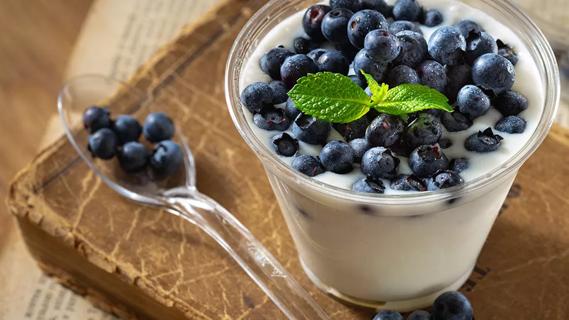
Snacking can bring benefits with healthy food choices and planning
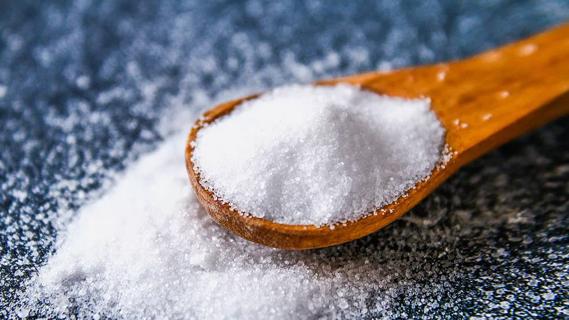
Excess salt and sodium consumption is a worldwide health concern
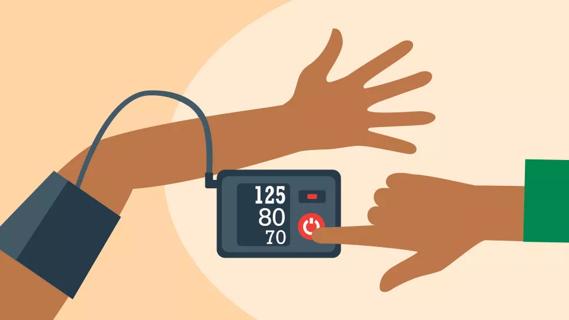
An ideal blood pressure is less than 120 mm Hg systolic and less than 80 mm Hg diastolic

Your metabolism may torch 1,300 to 2,000 calories daily with no activity

A gentle touch in all the right places may help drain your sinuses